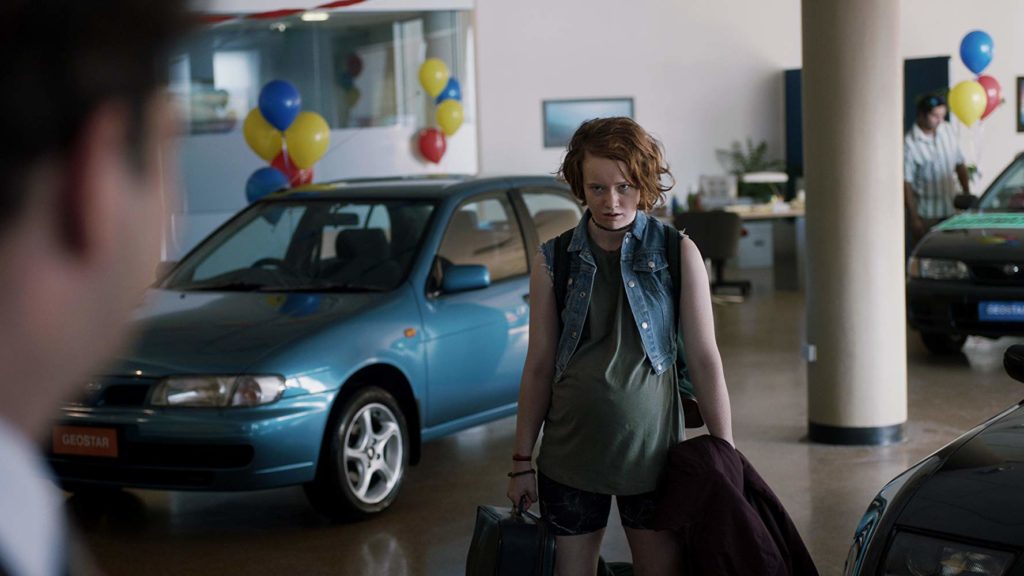By Zach Semel
A few months after I get back from Europe, I’m in the back seat as my dad drives down East 72nd Street toward 2nd Avenue, luxurious building lobbies flashing by in golden blurs.
Thirteen floors up, we knock on their apartment door. My heels tap anxiously on the hallway carpeting. The door opens, letting out a dull glow.
“Hi, sweetie,” my grandma says, strained, wrapping me in a warm Columbia-sweatshirt hug. I kiss her on the cheek. We put our coats down in the corner. The living room and dining room are one open space furnished with a long, maroon, leather couch and a wooden coffee table streaked to appear aged.
“How’s Grandpa?” I ask.
“He’s asleep,” she says.
Past the closed door of the quiet bedroom, the bathroom smells barren—no more of that familiar shaving-cream air. As far as I’m concerned, his lifelong brand was classic Barbasol in the stubby navy-blue bottles—the ones you trip over in the street the day after Halloween. He had always smelled like it, as if he had just gotten back from a 1980s barbershop. But he doesn’t use that stuff anymore; my dad got him an electric razor because he’s been cutting his cheeks up so badly. I see the shampoo he used to use, too—Pert, those bright green bottles like apple-scented cleaner. The mirror seems dirty now, and they don’t keep many pills in the medicine cabinet, “or he’ll hide them.”
In all the stories I read about Alzheimer’s or Parkinson’s or whatever—the disease makes people forget these peripheral things. Where they put the electricity bills, bank statements. Where their favorite restaurant is. Who their children are. But what I was not prepared for was how he forgot how to take care of himself.


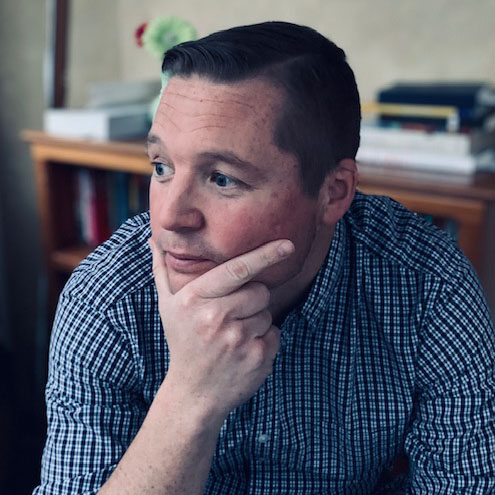
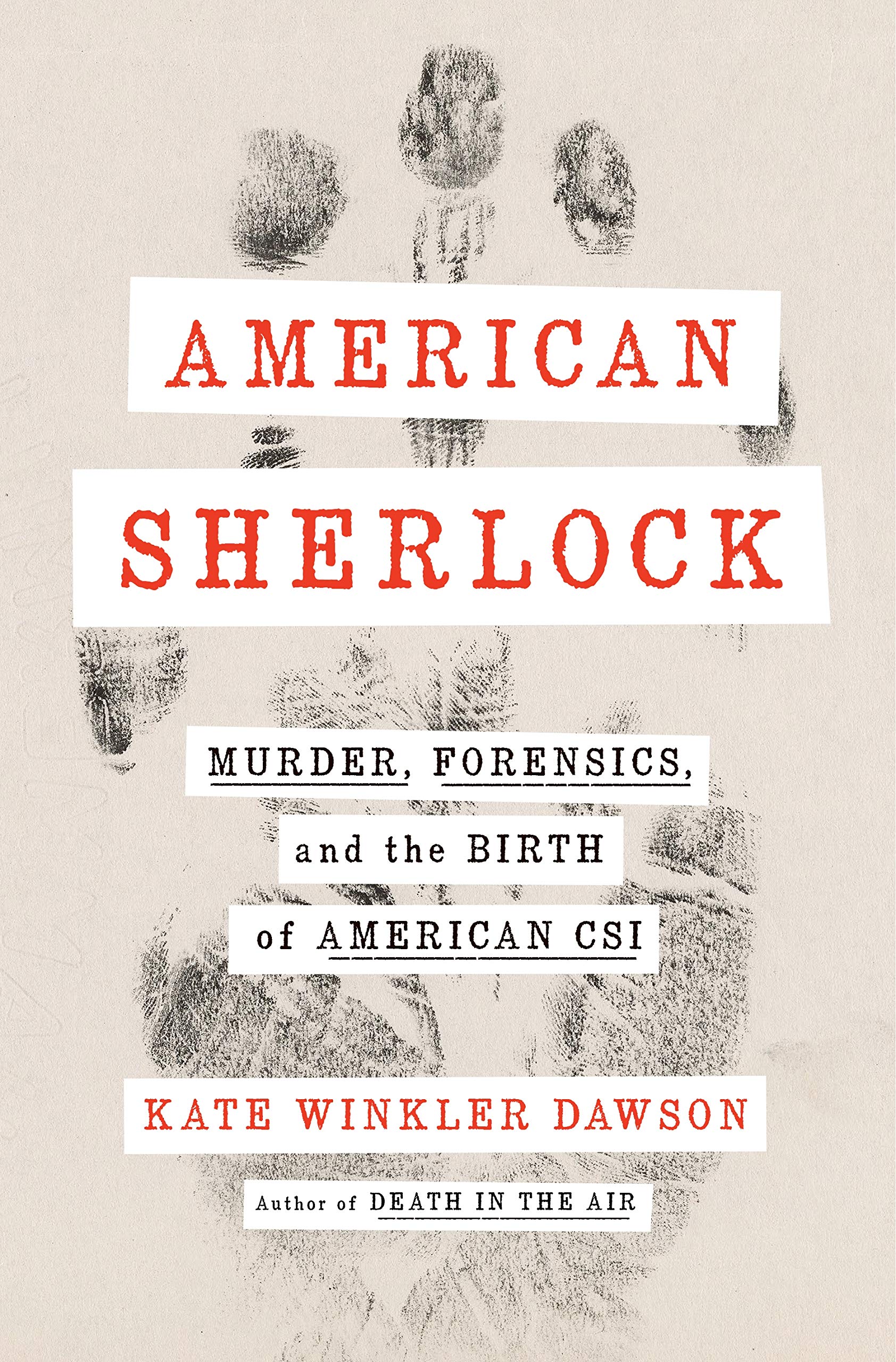
 At first blush, American Sherlock is a biography about Edward Oscar Heinrich, a man Dawson identifies in the prologue as “a forensic scientist and criminalist from the first half of the twentieth century, a man who changed how crimes were solved before forensics became the foundation of most criminal cases – America’s Sherlock Holmes.”
At first blush, American Sherlock is a biography about Edward Oscar Heinrich, a man Dawson identifies in the prologue as “a forensic scientist and criminalist from the first half of the twentieth century, a man who changed how crimes were solved before forensics became the foundation of most criminal cases – America’s Sherlock Holmes.”
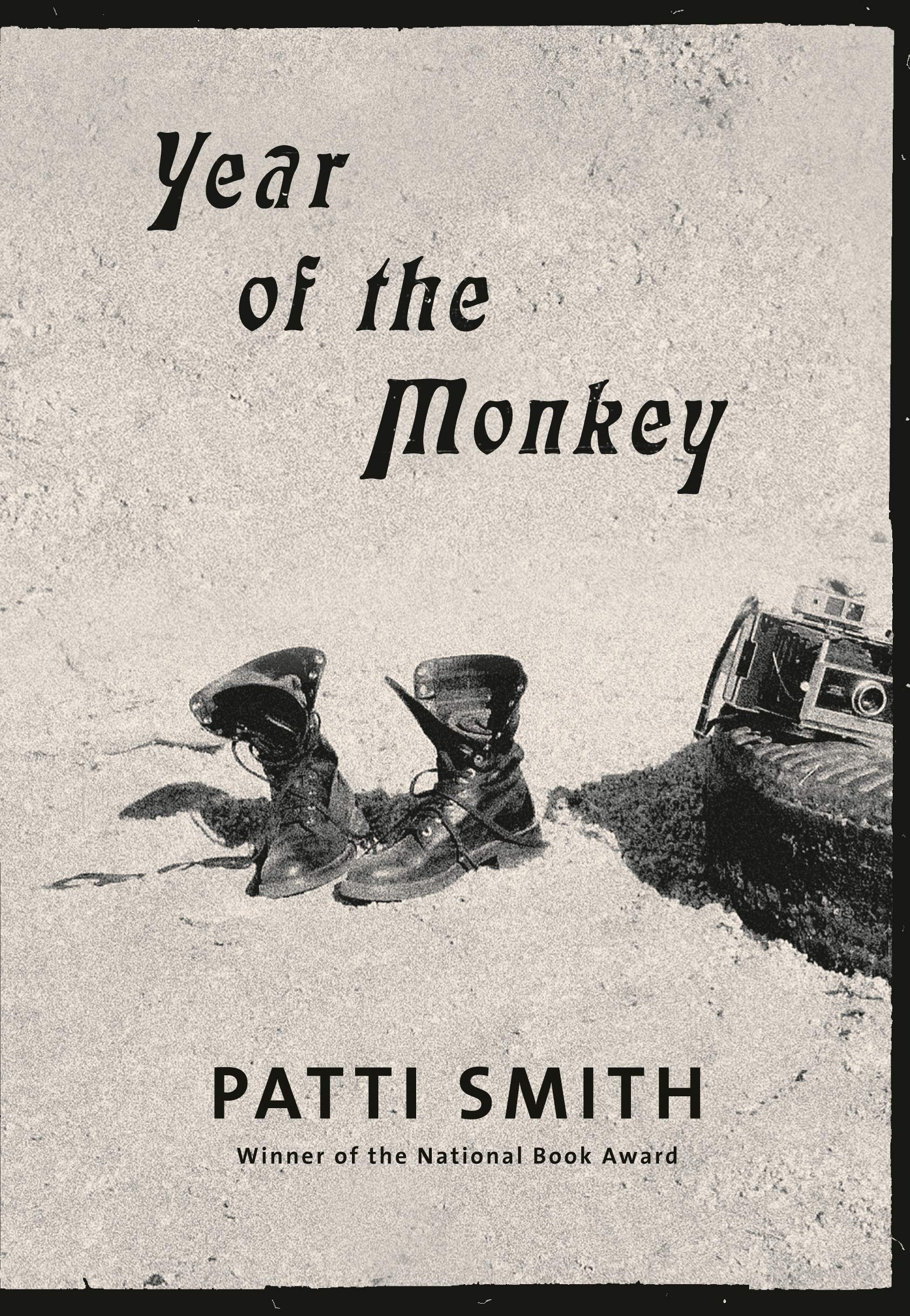
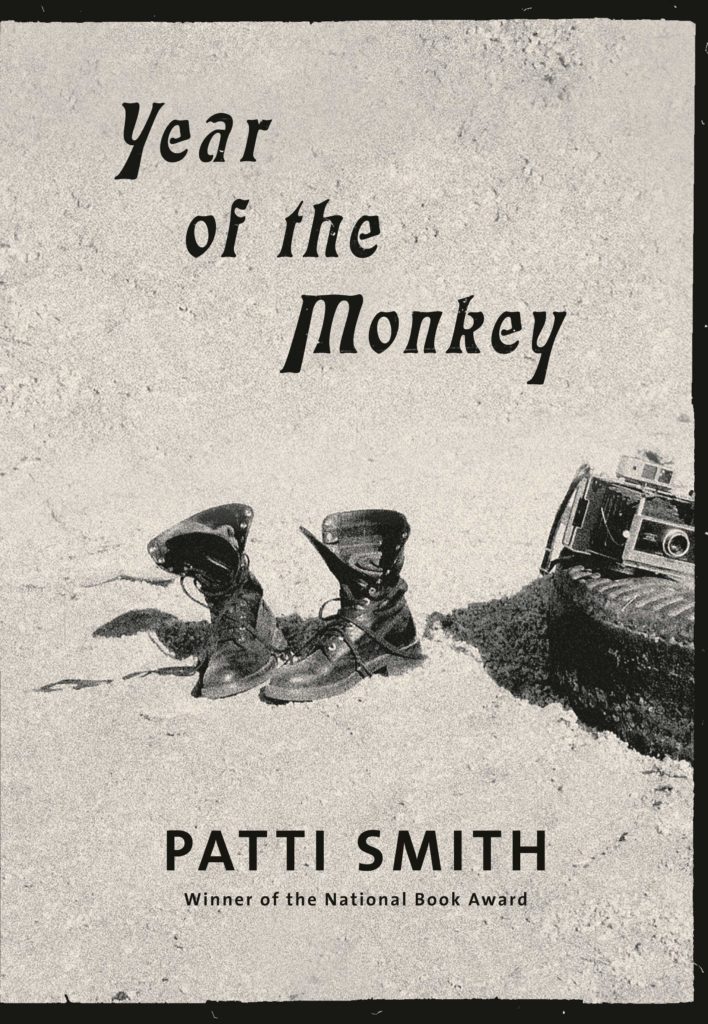 In the first days and weeks of 2020, the season for past reflections and future resolutions is upon us—if you’re into that sort of thing. In Patti Smith’s newest memoir Year of the Monkey, the writer, photographer, and musician takes a surreal look at her life in 2016, the year of the trickster monkey in Chinese zodiac. But Smith doesn’t seem to be a fan of New Year’s resolutions. Instead, in a tumultuous political and personal landscape, Smith is beautifully open to the lessons, connections, and hidden meanings within dreams that the year offers her. Her writing is a surreal mix of fiction and nonfiction as she contemplates what is real and attempts to absorb the absurd truths of living and dying.
In the first days and weeks of 2020, the season for past reflections and future resolutions is upon us—if you’re into that sort of thing. In Patti Smith’s newest memoir Year of the Monkey, the writer, photographer, and musician takes a surreal look at her life in 2016, the year of the trickster monkey in Chinese zodiac. But Smith doesn’t seem to be a fan of New Year’s resolutions. Instead, in a tumultuous political and personal landscape, Smith is beautifully open to the lessons, connections, and hidden meanings within dreams that the year offers her. Her writing is a surreal mix of fiction and nonfiction as she contemplates what is real and attempts to absorb the absurd truths of living and dying.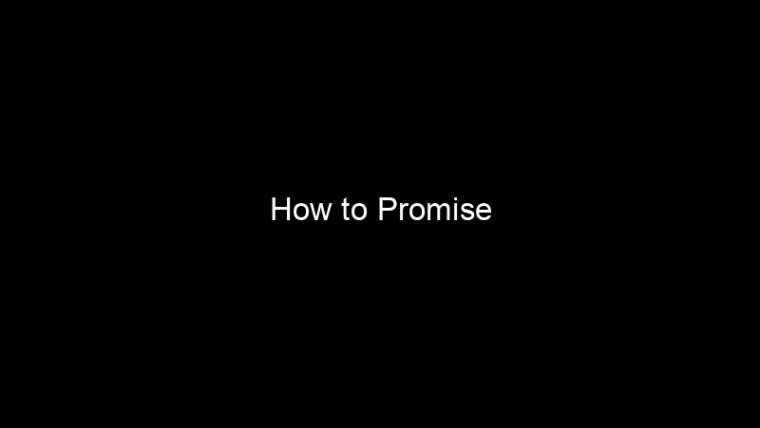
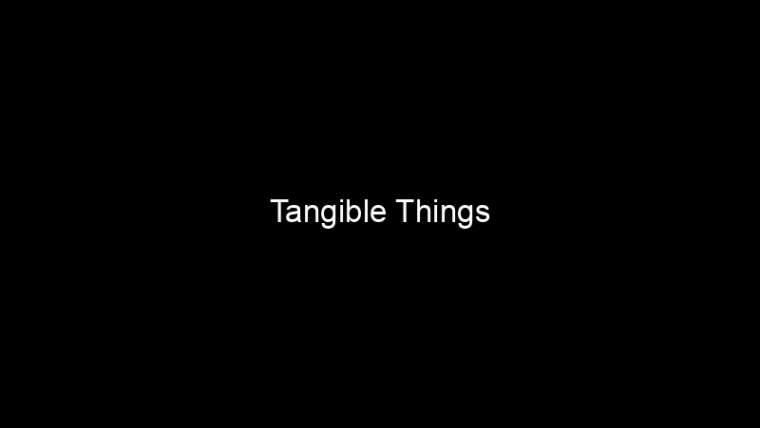
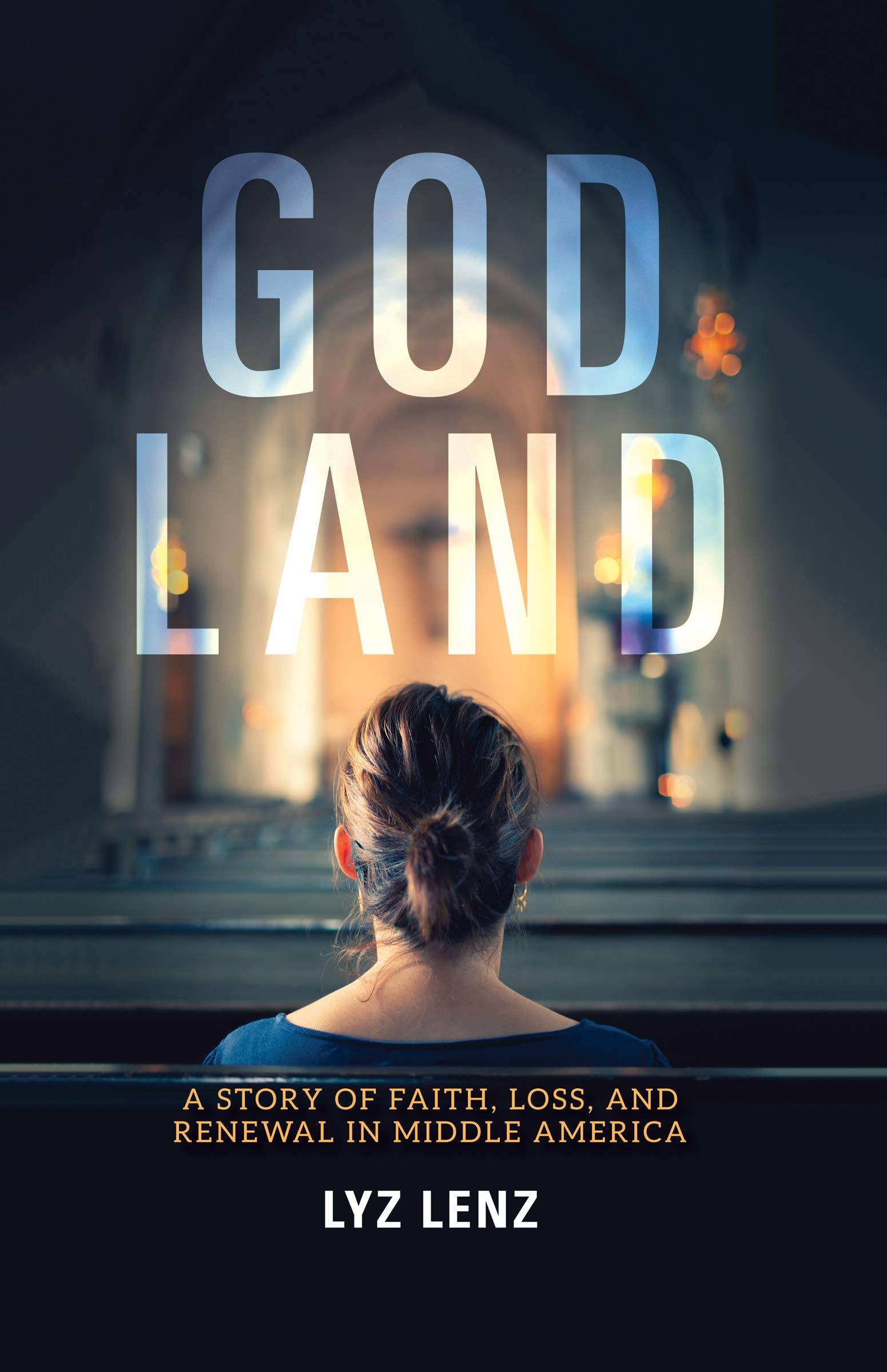
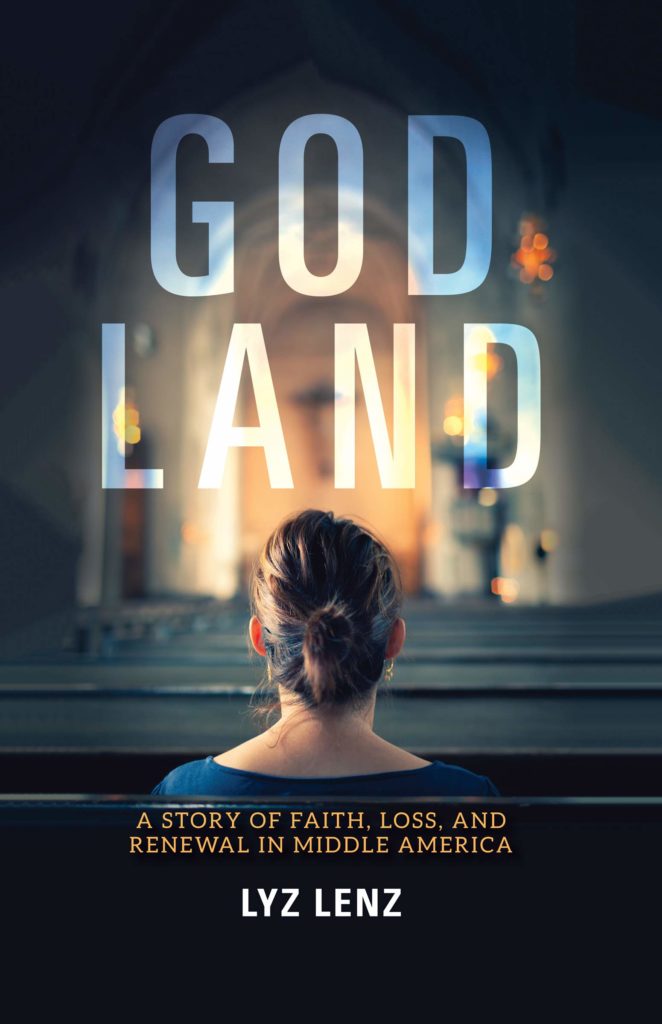 Author Lyz Lenz’s marriage ended after the 2016 presidential election. Lenz voted for Hillary Clinton, and her husband voted for Donald Trump, and although this wasn’t the reason for the divorce, it was a catalyst after years of signs that Lenz and her husband were different people.
Author Lyz Lenz’s marriage ended after the 2016 presidential election. Lenz voted for Hillary Clinton, and her husband voted for Donald Trump, and although this wasn’t the reason for the divorce, it was a catalyst after years of signs that Lenz and her husband were different people.

